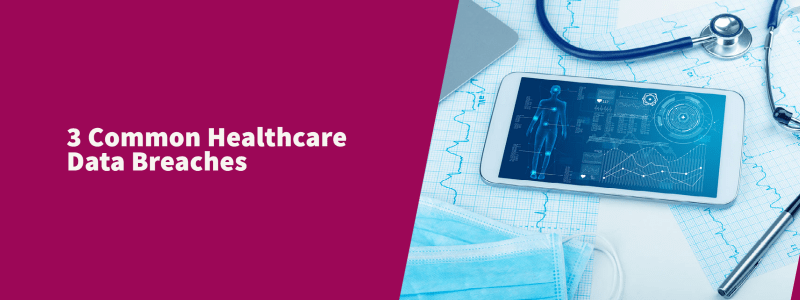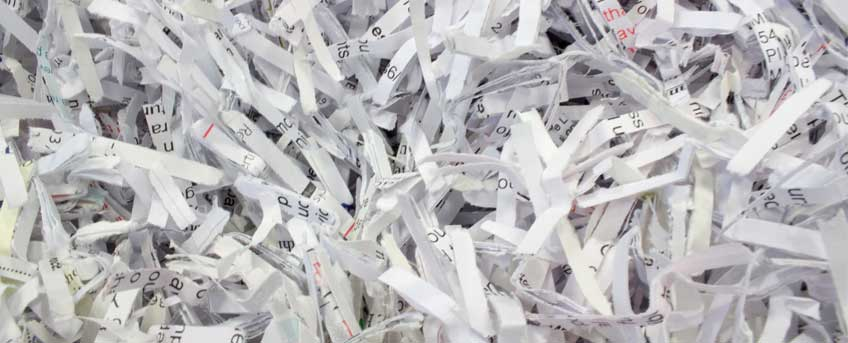Unfortunately, data breaches are becoming more frequent. If you were impacted by a data breach, what would your reaction be? Would it be:
“ Is my bank account safe?”
“ What information have they taken?”
“ What can I do about this?”
Those working in the healthcare sector have access to some very personal information. Your health care records. But how can you know this data is safe?
Do you know how precious healthcare data is?
The Information Assurance Advisory Council advised that stolen medical information like patients’ names, phone numbers and addresses can often be sold to cold-calling companies. In very few cases, there has been information blackmail. With confidential sexual health records and other private information being used to extract cash from the person in question.
Three common healthcare data breaches
The healthcare sector accounts for the highest number of breach reports. The majority of these breaches come from human error, this includes:
- Loss or theft of paperwork;
- Data being sent to the wrong person by email;
- Data being posted or faxed to an incorrect person.
So, how do you correct a human error?
The simple answer is people are people. Mistakes can happen. But the idea should be to minimise the chances of human error.
Eith General Data Protection Regulations coming into force on the 25th may, mistakes such as these carry a higher cost to businesses.
Jut because things are accidents doesn’t mean they aren’t costly. The Information Commissioner’s Office under GDPR law can enforce many actions for data breaches. These include serving assessment notices and inspecting whether businesses are following the correct data practice.
Human error in healthcare: Three ways to Improve
This can be boiled down into three key measures:
Training: GDPR will affect everyone. Training your staff to understand the whats and hows of data processing is the first part of understanding how to prevent a breach. Did you know a nursing staff member was personally fined for unlawfully accessing a patients medical records?
Accountability: Does all your staff require access to all information? With the emailing and faxing of information, make specific staff accountable to precise tasks. This will limit the likelihood of a mistake.
Security: The loss and theft of paperwork accounts to a large portion of healthcare data breaches. Owning a secure data console allows information that needs disposing of is kept safe from those who wish to take it.
Our shredding service can be arranged flexibly to your requirements. Confidential information comes in many forms. With healthcare, this can be anything from outdated healthcare records, computer data (USB drives) and even ex-employee uniforms. If it has the chance to put your business at risk, our service will get rid of it.


